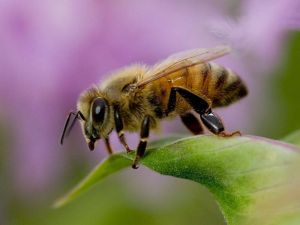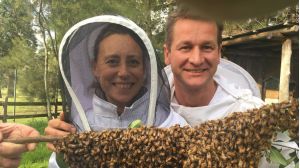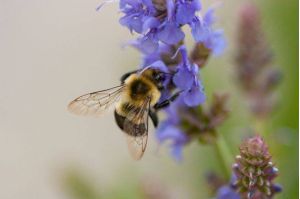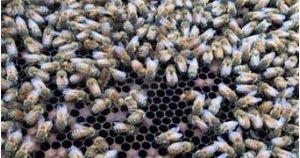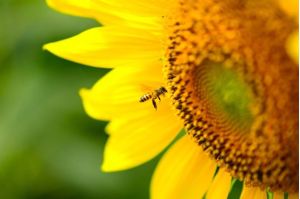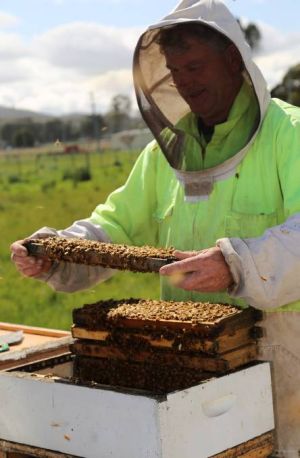Tel: 02 9731 7400 | Unit 1A, 1 Swaffham Road, Minto NSW 2566
Previous Articles
Blog Archive
A regional Australian company behind a game-changing bio insecticide that is safe for bees and other beneficial insects has secured funding to ensure its production remains on home soil.
As wild bee populations in the US collapse, with big implications for agriculture, new software might just save the day. Andrew Masterson reports.
Declines in wild bee populations in the US are putting at least $3 billion worth of crops at risk, a new study has shown – but help may be at hand in the form of an app.
A proposal to explore the commercial effectiveness of bumblebees in our State must only go ahead if the risks to honey bees can be guaranteed not to exist.
On face value, finding another species to help with pollination of crops is a worthy and potentially necessary move.
Given the bumblebees exist in Tasmania, and we are told eradication is not feasible, using them to stimulate growth in the horticultural sector seems like the best way to go.

